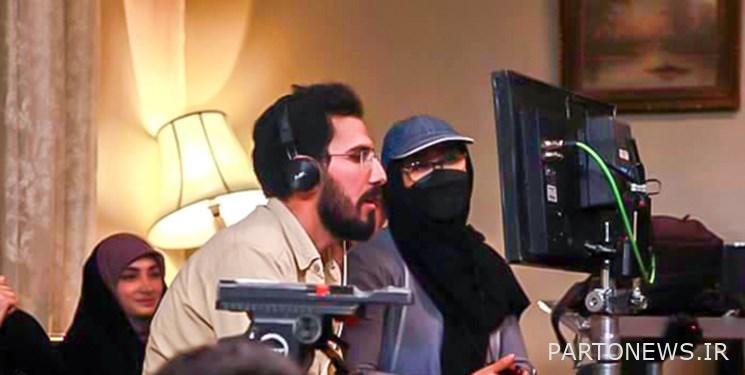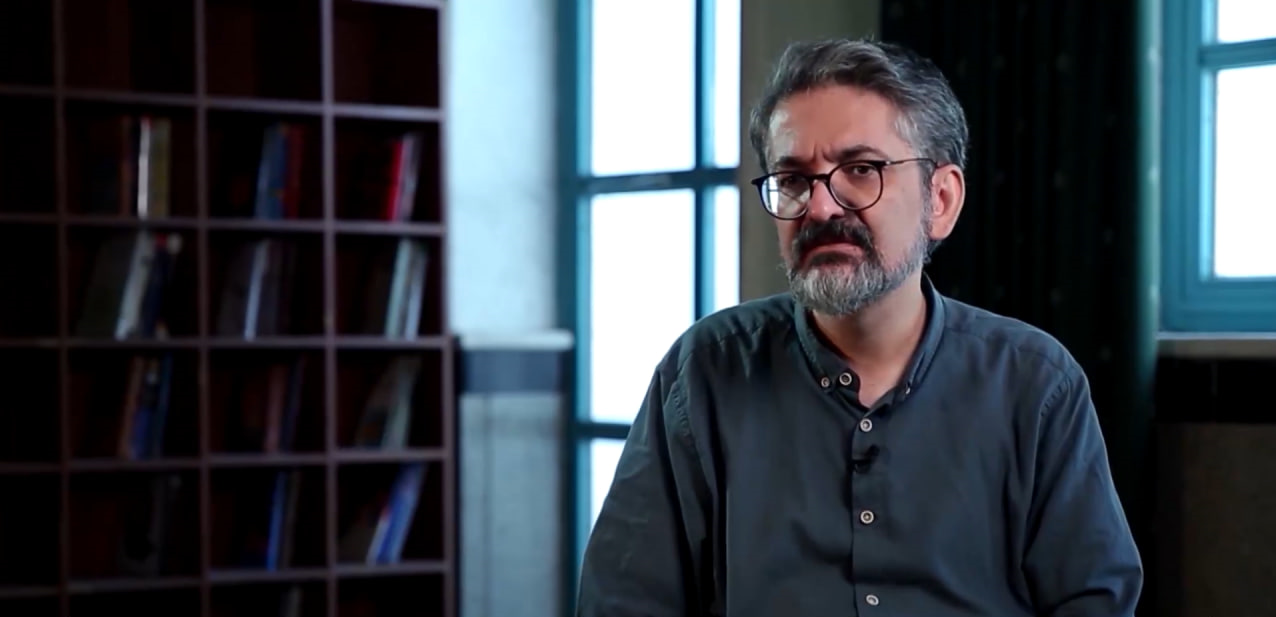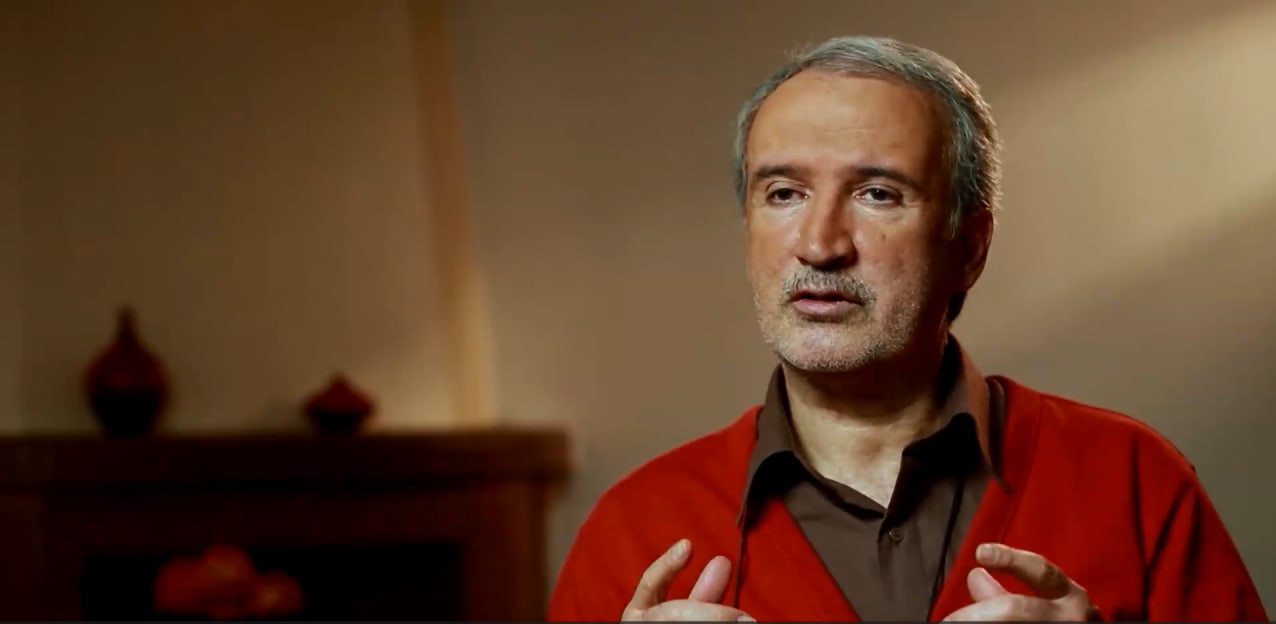A narrative of the revolution’s successes on television, this part of sustainable literature

According to the Fars News Agency Radio and TV reporter, narration and documentation of the successes of the Islamic Revolution can both keep hope alive among the people of the society and can turn the road map of success in these areas into a model for other subjects.
The documentary series “Hemet” tries to make this idea the basis of the narrative of the successes of the Islamic Revolution, a documentary produced by the director of Masoud Dehnavi, and the episode “Razm Nameh” of this documentary series is scheduled to be broadcast tonight at 20:00 on Sima Documentary Network with the topic of sustainable literature with The presence of Morteza Sarhangi, Hamid Hossam, Golestan Jafarian, Nasrullah Mahmudzadeh and Kurosh Aliani will be broadcast.
In this regard, Masoud Dehnavi, the director of this documentary, said in an interview with the reporter of Fars news agency: The subject of the documentary is the literature of sustainability or the literature of resistance, which is also called the literature of sacred defense. In this documentary, we talk about sacred defense and sustainable literature in a specialized way, and we also talked and interviewed famous writers in this field.
He continued: Well, although there has been talk about this part of literature for years, which even includes different genres, but until now it has not been dealt with in a specialized way, and no one has examined it in general, that the role of the editor is the role of the recorder. Memories, what is the role of the writer who is present in the war and the writer who is not present in the war?
The author continued: “You can see what is the importance of sustainable literature, we also examined a historical course related to a book by Ayatollah Baladi Bushehri, who talked about the manners of war and the manners of war about a hundred years ago, a small book. There is a book called Harbnameh, which contains one hundred and fourteen war recommendations, what should be done in war based on Islam, and it is very interesting that some of them are related to the recording of events and historiography, which can be talked about today. And he applied it to the literature of stability and the literature of holy defense.

This documentary is from a collection called “Hemet”, Dehnavi said in relation to this collection: The Hemet documentary collection is a collection that includes approximately ten documentaries with special and special topics that the leader of the revolution had a special view on, of course These issues are not clearly stated in the documentaries because the main issue is for me to deal with.
He added: One of the things that many of them emphasized is the discussion of sustainable literature, the rest of the issues are related to the department of scientific assistant, the development fund, Royan, and the works that have been broadcasted before are related to the Irregular Wars Headquarters. These are the sectors in which Iran has been able to achieve great success, one of which is sustainable literature.

The director of the documentary Razmnameh said in relation to the attractions of this documentary for the audience: Mr. Morteza Sarhangi’s words as one of the oldest authors of sustainable literature who also reviews sustainable literature in the world are very valuable in this documentary in my opinion, of course these interviews from The documentary “Born in Azar” is the work of Mr. Hosseini, whose archive we used.
Regarding the other people present in this documentary, he said: Other production interviews of Mr. Kurosh Eliani, the editor, Ms. Golestan Jafarian, who was chosen as the best writer this year at the Revolution Art Festival, Ms. Zahra Mushtaq, Nasratullah Mahmoodzadeh, the author of Masih Kurdistan, Mr. Hamid Hossam, one of the top authors of sustainable literature, is also featured in this documentary, and we had very serious interviews with Mr. Mohsen Salehikhani, one of the young people in the field of sacred defense literature, who did not even understand war, but wrote good books in this field.
In the end, Dehnavi pointed out: Our goal in producing this documentary was to focus on sustainable literature as one of the sectors that has become a successful sector in the history of the Islamic Republic and after the revolution, and we examined the reasons for its success in this documentary.
The documentary “Roznameh” is part of the “Hemet” documentary collection, produced by the Sima documentary network and the Fatah narrative cultural foundation documentary group.
end of message/
You can edit this article
Suggest this article for the first page

